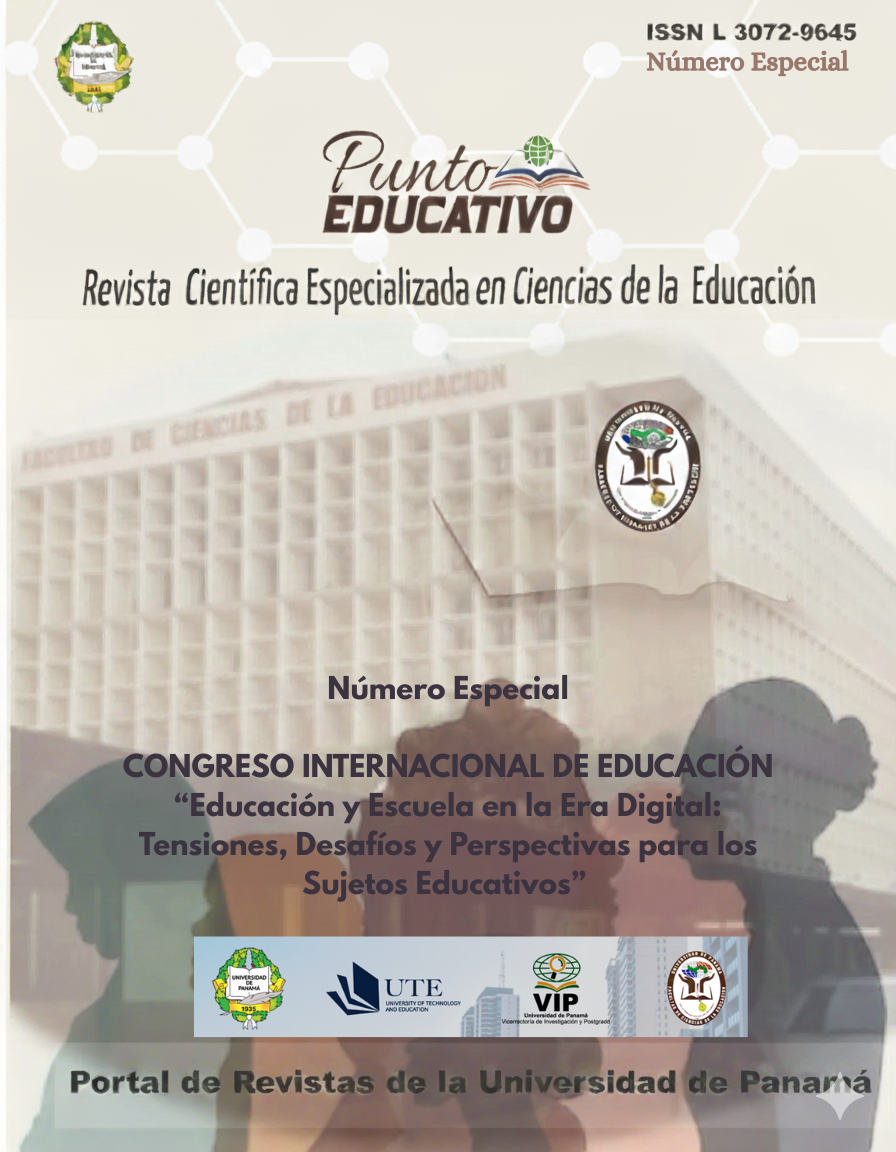

Copyright (c) 2025 Punto educativo

This work is licensed under a Creative Commons Attribution-NonCommercial-ShareAlike 4.0 International License.
This article is structured with the initial results of a doctoral research process focused on the contextual analysis of institutional educational projects and the various philosophical and theoretical visions around the curriculum. It presents a problematization that accounts for the need to investigate and reflect on all those theoretical elements that, from ancient times to the present, have influenced the definition of those approaches with respect to which educational institutions understand the educational act, the pedagogical paradigms that define the institutional horizon, and the way in which these paradigms are taken to meet the needs of a political order. social and economic of the organs of state power. This study seeks to understand, interpret and reflect, for research and contemplative purposes, the epistemological, sociological and pedagogical implications of institutional educational projects; With this in mind, the article exposes the advances in research aimed at the object of study: The Curriculum, and carries out some preliminary inquiries that allow us to know the research carried out in the international, national and local contexts, makes theoretical reflections from an ontological, epistemological and axiological perspective located from the philosophy of Immanuel Kant, Michel Foucault, Jürgen Habermas, Jean-François Lyotard, Taichi Sakaiya, Hans Gadamer, reflects on the concept of curriculum and the diversity pointed to multicultural approaches in the field of education. And finally, it exposes the commitments that education must have to take on the challenges that arise in today's society.